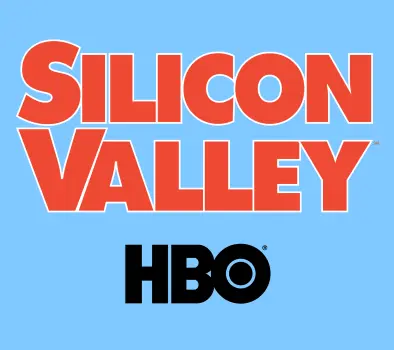Silicon Valley looks poised for a very strong ending
-

"All things come to an end and, in these Peak TV times, shorter is almost better," says Daniel Fienberg, who watched three of the final season's seven episodes. "All three of the episodes are very strong and that's a good sign heading to the exit. You can cherish all the Gilfoyle moments, the Jian-Yang moments, Richard's continuing foibles, etc., and hope that a series of minor characters will get their cameos," says Fienberg. "If feels like Silicon Valley has been there as long as the Valley itself has, which is really the best compliment. It captured that entrepreneurial sense that early techies had about changing the world, while simultaneously spoofing how real money warps the world they live in. The noted excesses of tech companies supplied Silicon Valley with some hilarious material (that continues apace, by the way) and the show was always there when some new wrinkle needed to be addressed — this last season seems to be putting an emphasis on tech evil as Richard and Pied Piper try to set free a new, better, people-powered Internet that isn't so Facebook- and Google-reliant."
ALSO:
- Silicon Valley's final season premiere couldn't be more timely coming days after Mark Zuckerberg's grilling before Congress: "In the opening sequence of the final season of Silicon Valley, Richard Hendrix testifies before a Senate committee and does what he usually does: starts to completely blow it," says Jen Chaney, pointing out the spot-on timing of the testimony. "Even if this is coincidental," she adds, "it’s still one of those moments that speaks to Silicon Valley’s ability to tap directly into the veins of tech culture. During its five seasons up to this point, one of the show’s greatest assets has been its gift for capturing the dysfunction of the start-up world with both enormous specificity and a universality that makes it relatable to anyone who has ever toiled away in a chaotic work environment. (Anyone who has ever toiled away in a chaotic work environment = basically everyone.) In the first three episodes of season six provided for review by HBO, Silicon Valley continues to succeed in that arena."
- Silicon Valley offers a final, poignant reflection of tech's blind spots
- It's very clear Silicon Valley is going to go out on its own terms
- Silicon Valley is ending because it ran out of story pivots: “They were out of pivots,” says executive producer Alec Berg. “We needed to pick a stool and sit on it. If they abandoned this and moved onto something else, viewers were going to go, ‘All right, I’m done.’ Once we came up with this new internet thing, that was the horse we were going to ride until the end.”
TOPICS: Silicon Valley, HBO, Alec Berg, Mark Zuckerberg
More Silicon Valley on Primetimer:- 10 Years On, Silicon Valley's Vision of Tech Has Lost Its Valuation
- Kumail Nanjiani and wife Emily V. Gordon reveal their frustration over Silicon Valley mocking his looks
- Made for Love made a more effective satire of Silicon Valley by thinking differently
- Silicon Valley alum Allice Wetterlund responds to Thomas Middleditch sexual misconduct allegation, says she "tried to warn" everybody
